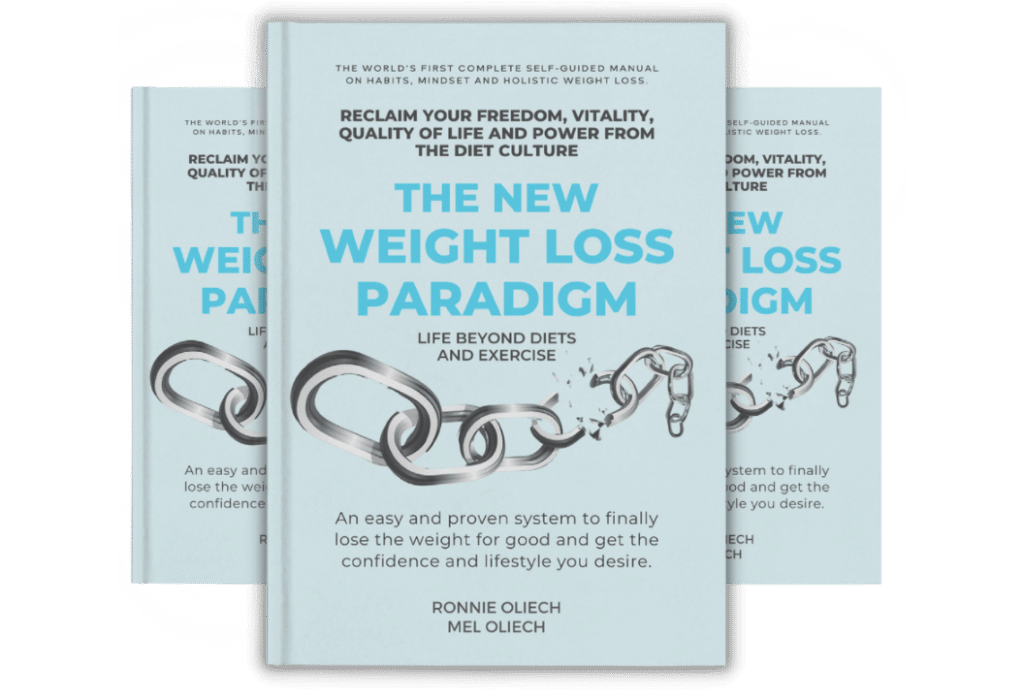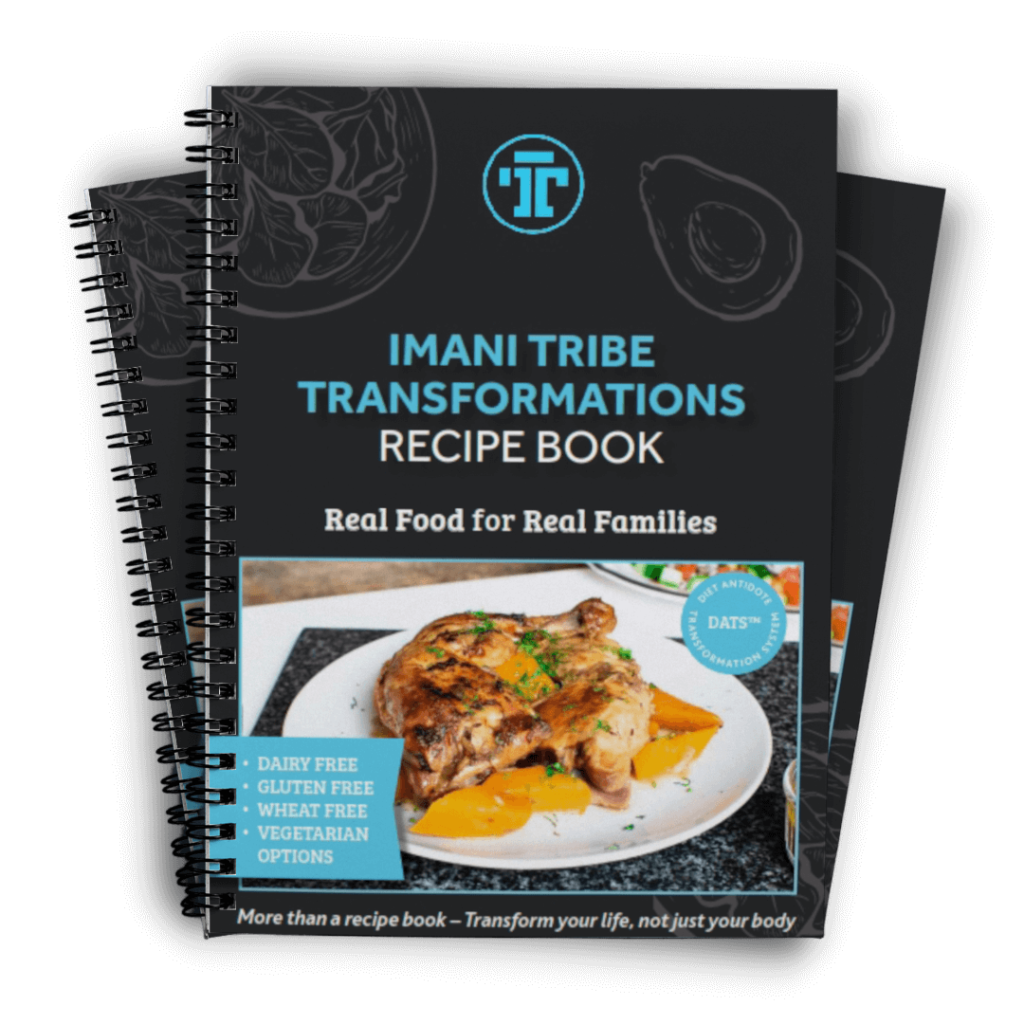Have you’ve noticed your weight creeping up as you get older? Do you find it increasingly harder to lose weight the older you get?
Weight gain is a common problem for many people as they age. Naturally, it’s easy to blame an increase in weight on old age, hormones and even menopause — because that’s what we’re told.
But do menopause and hormones really deserve the bad press they get?
What is menopause?
Menopause is a natural part of aging and occurs when a woman’s ovaries no longer release eggs, due to a change in reproductive hormones. A woman is said to have entered menopause when she hasn’t had a period for 12 months. Menopause may also be caused by surgery, or cancer treatment.
The stage before natural menopause is called perimenopause. During this time, hormone levels fluctuate and periods can be irregular. It’s also during this time when typical menopausal symptoms occur such as hot flushes, and night sweats.
Menopause and weight gain
Weight gain is influenced by a number of factors, but many people blame menopause as a reason for their increasing weight. On average, the average woman gains around 500g a year when she reaches middle-age.
However, research by the International Menopause Society found that this yearly midlife weight gain is due to age, rather than menopause and changing hormones.
The link between menopause and weight gain is that hormonal changes affect where body fat is stored. The same research found that the reduction of the hormone oestrogen that occurs during menopause favours fat storage around the waist, rather than the hips and thighs. And this explains why so many women who enter menopause notice weight gain around their middle.
Old age and weight gain
But how do we explain this midlife weight gain?
As we age, our metabolism slows down. This is primarily because after the age of 30, you lose between 3% and 5% of your muscle mass every decade. This equates to the average adult losing at least 9kg of muscle mass.
While this may not sound like a big deal, 66% of our metabolism is influenced by our muscle mass. So, the less muscle you have, the slower your metabolism. Muscle loss has also been linked to premature onset of menopause.
Another contributing factor to weight gain in older age is that adults often become less active, due to poorer mobility, and aches and pains. Add to the mix the inconvenience of hot flushes that are a key symptom for menopause, and it’s easy to see why weight gain is common.
Importance of muscle mass
Just because midlife weight gain is common, doesn’t mean it’s inevitable.
As we’ve just seen, muscle mass is key for a firing metabolism. And the best way to increase your muscle mass, and offset the fact that you lose muscle mass as you age, is to incorporate weight training into your exercise program.
We refer to this as Focused Intense Resistance Exercise, or F.I.R.E. training. F.I.R.E. is the cornerstone of our Body & Lifestyle Transformation Program, because it’s a key factor in increasing your metabolism so you can burn fat, change your body shape and fight the effects of aging. In fact, it’s often referred to as the Fountain of Youth due to its anti-aging effects.
In addition to F.I.R.E. we also include the right amount of Intense Cardio Exercise or I.C.E. in our client’s programs, because 17% of our metabolism is influenced by exercise or physical activity.
What about diet?
Of course, what you eat plays an important part in losing weight, but it can be especially important in keeping extra belly weight at bay.
Where most people go wrong however, is they cut back calories or cut out food groups in an attempt to lose weight. But food accounts for 15% of your metabolism — a similar percentage to exercise — so it’s important to keep feeding your body to keep your metabolism ticking. Dieting actually slows down your metabolism, making it even harder for you to lose weight.
The real reason you’re gaining weight
The fact is that many women don’t incorporate resistance training in their exercise programs as they get older, therefore missing the opportunity to build muscle and improve their metabolism. They also diet in an attempt to lose weight, which only slows their metabolism even more.
But the most powerful indicator of whether you’ll gain weight as you age is your habits.
Habits are subconscious routines or behaviours that you repeat regularly. Everyone has habits — and some may help you maintain a healthy weight, and some may contribute to weight gain. Examples of these are binge eating, alcohol consumption, pleasing other people, and putting other people’s needs before your own.
But when you replace your habits with different, more helpful habits, you’ll find that losing weight isn’t as hard as you first thought it was.
At Imani Tribe, we’re helping many women who have struggled with weight gain and blamed menopause, to finally lose the weight and build a firing metabolism which will help them maintain a healthy weight into old age.
We do this by incorporating resistance exercise with just the right amount of cardio, showing them how to eat to ensure their body functions better (which also helps them better manage menopausal symptoms), and by helping them develop healthy habits that will last a lifetime.
If you’re noticing the weight gain creep associated with menopause and are ready to stop it in its tracks, please contact us.


















